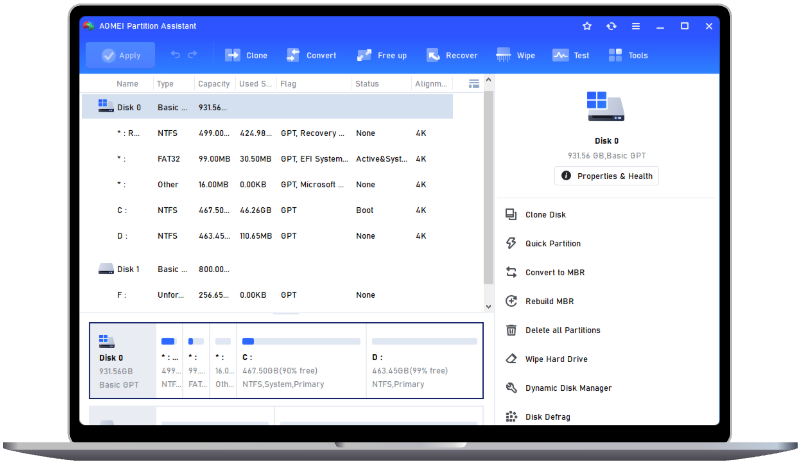Why are some people reluctant to upgrade to Windows 11?
Windows 11 has been released for 3 months though. But many users say they will not actively update Windows 11, why does this happen? You will find the answer in this article.
Windows 11 was officially released on October 5, 2021, and it has been 3 months in a blink of an eye. It seems that there are very few people who actively update the system. I have asked Windows users around me, and they all generally praised Windows 11, but they all said that they would not actively update Windows 11. What is the reason for this situation?
Windows 11 still has a few compatibility issues
In the office environment, no one will actively want to become an engineer. No matter how slow a computer runs, as a business person, I hope it can run smoothly. However, the Windows 11 operating system has just been launched, and many software compatibility problems do exist, but the compatibility problems will not exist for too long. Microsoft has updated several patch packages to help software manufacturers be compatible with the Windows 11 operating system.
What users are actually worried about is the cost of trial and error. If the system has existed for a period of time and no compatibility issues continue to be received from users, I think users who want to try it out can accept the upgrade of their Windows 10 system to Windows 11 system. If compatibility errors continue to occur, then this time will continue to stretch.
Users form usage habits and are unwilling to actively change
The topic of updating the system must be carried out when it is absolutely necessary. None of the four editors interviewed by the author will actively choose to update the system. The translation of genuine software based on the system is a big problem. Many large companies install software in professional fields such as surveying, mapping, and geology. These softwares are installed and regularly maintained by engineers of the software company. If the system is upgraded, the purchased supporting software may not necessarily support the new version of the operating system. The surrounding linkage equipment, including surveying and plotting instruments, plotters, etc., may also cause certain problems.
Then there is the familiarity of the platform. Few users are willing to take the time to learn and familiarize themselves with the new operating system. If the operating system changes greatly, many options cannot be found in time, and the learning channel cannot be found by themselves, then it is very likely that this is the case. A completely new system will be disgusted or even abandoned by users. For end users, the most familiar system is the best system to use, unless the system falls short of its productivity needs.
Hardware system limitations, you can't upgrade if you want to upgrade
The Windows 11 operating system has unprecedented rigid requirements for system hardware, which results in many old computers unable to actively update Windows 11, which once again reduces the coverage of Windows 11 installations. The author predicts that Windows 11 is likely to usher in passive updates. That is, the OEM preinstalls the genuine Windows 11 system on the computer, and the Windows 10 operating system on the user side can only wait for Microsoft to stop supporting the system.
Summarize
I remember when I asked a user why he didn't upgrade to Windows 11, he asked me, "Why should I update to Windows 11?". After thinking about it, users seem to really lack a reason to update Windows 11. The previous system can still be used, and the previous computer can still be used. Since it can be used, why should it be updated? It is very likely that the market of Windows 11 Rising share will be tougher than it was in the Windows 10 era.

